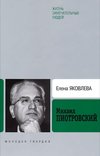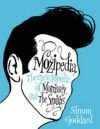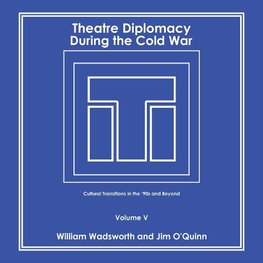
-
 Anglický jazyk
Anglický jazyk
Theatre Diplomacy During the Cold War
Autor: William Wadsworth
This multi-volume work began as a biography of Martha Wadsworth Coigney, who was a pioneering thought leader and advocate of internationalism in the American theatre during one of the most challenging periods in modern U.S. history. Coigney served as President... Viac o knihe
Na objednávku, dodanie 2-4 týždne
100.32 €
bežná cena: 114.00 €
O knihe
This multi-volume work began as a biography of Martha Wadsworth Coigney, who was a pioneering thought leader and advocate of internationalism in the American theatre during one of the most challenging periods in modern U.S. history. Coigney served as President of the International Theatre Institute (ITI) from 1966 to 2011. An independent NGO, ITI was devoted to the UNESCO mission of peace through mutual understanding, and, after World War II, often single-handedly sustained cultural exchange between artists on either side of the Iron Curtain, across religious divides, and in war zones. ITI was consistently in the vanguard of UNESCO's multi-lateral aim to bring all voices to the table, including former colonial peoples, developing nations, and indigenous cultures.
In partnership with Rosamond Gilder and Ellen Stewart of La Mama E.T.C., Coigney led these landmark initiatives, including the representation of U.S. multicultural theatre leadership in Moscow in 1973. What was set in motion then is playing out today.
Owing to the scope of Coigney's work, William Wadsworth and Jim O'Quinn interviewed a wide range of her dramatist friends and professional colleagues. These conversations illumined a liberal cultural epoch (1954-86) and the U. S. Culture Wars that followed. The authors also recovered substantive original materials from Lincoln Center Performing Arts Library and the Rockefeller Archives about the life and work of Coigney, her mentor Rosamond Gilder, and Coigney's longtime employer, the producer Roger Stevens. These materials document a sustained political effort by theatre people to socialize and liberalize post-WWII America. For these reasons, the work became much more than the story of one amazing person. It became a living history about relations between great artists and their milieu, told by the artists themselves.
The Martha Coigney story has several key elements:
. Coigney embodied the principle of internationalism as a counterforce to nationalism and fascism.
. He career is a virtual how-to manual for re-visualizing and revitalizing American theatre.
. Her life demonstrates the power of people-to-people diplomacy, based on the principles of individual human rights as established by the United Nations, the support of artistic freedom of expression, and the concept that every policy and funding mechanism finds its essence in the individual artist.
. Coigney was one of the great theatre matchmakers and promoters of experimental and devised theatre work. Within this sector, she can be said to have revolutionized the theatre profession worldwide.
. Gilder and Coigney, in their roles at ITI, led the movement to establish international theatre festivals in Europe, the USA, and globally.
. Gilder and Coigney were collaborators with Roger Stevens, Donald Oenslager, Hal Prince, Nancy Rhodes, Edward Albee, and scores of other distinguished figures in the transmission of American dramatic art overseas.
. Coigney served as advisor to and instrument for private theatre funders determined to create a national theatre accessible to working-class citizens and the poor, an investment, they believed, that was necessary to U.S. ascendency and world peace. In this they followed the inspiration of President John F. Kennedy, who articulated that to be influential, a great nation must have a great culture to contribute to the world.
- Vydavateľstvo: Xlibris US
- Rok vydania: 2021
- Formát: Paperback
- Rozmer: 216 x 216 mm
- Jazyk: Anglický jazyk
- ISBN: 9781664139510
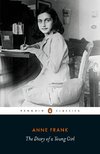


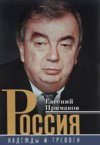
 Ruský jazyk
Ruský jazyk 